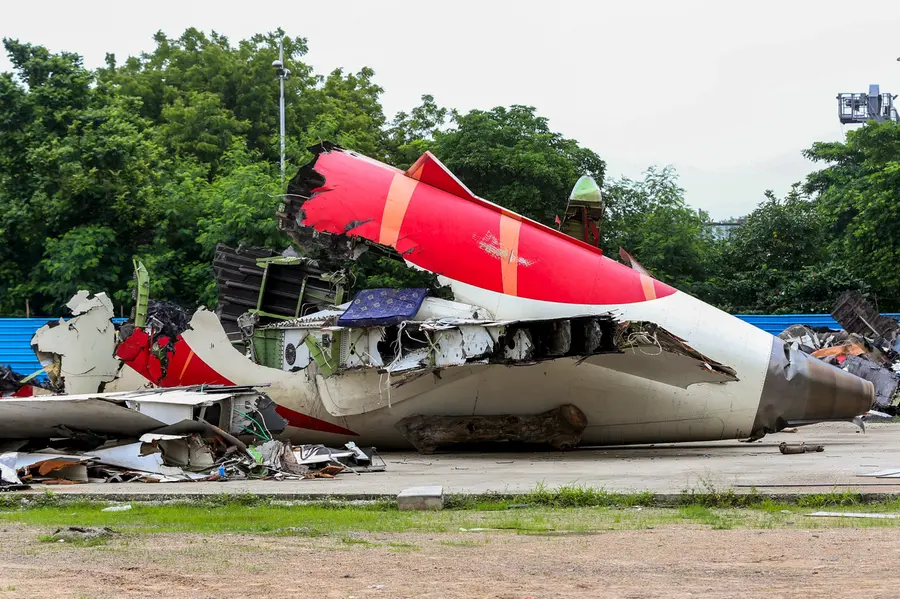Following close examination brought on by the deadly Air India Express tragedy, the US Federal Aviation Administration (FAA) has officially deemed the fuel switch systems in Boeing 787 Dreamliners to be safe. No design defects in the aircraft’s fuel system that could have directly caused the accident were discovered in the investigators’ most recent report.
The FAA’s announcement came shortly after the release of the Air Accident Investigation Board (AAIB) preliminary findings, which stopped short of apportioning blame but raised operational and procedural questions. FAA engineers, after evaluating the systems, confirmed that Boeing’s fuel shut-off and management components meet all required safety.
The FAA stressed that the aircraft’s mechanical systems, especially its fuel control architecture, were not compromised or fundamentally flawed, even if the AAIB’s study is still looking into the technical and human issues that led to the tragedy. This will probably relieve some of the burden on Boeing, which has recently been dealing with a number of safety-related issues.
The official crash investigation is still pending, though, and the final results may be influenced by more general systemic factors like crew training, weather, or airline-specific maintenance procedures, aviation experts warn. As a preventative step, the FAA also called on airlines all around the world to examine their safety procedures and simulator training initiatives.





